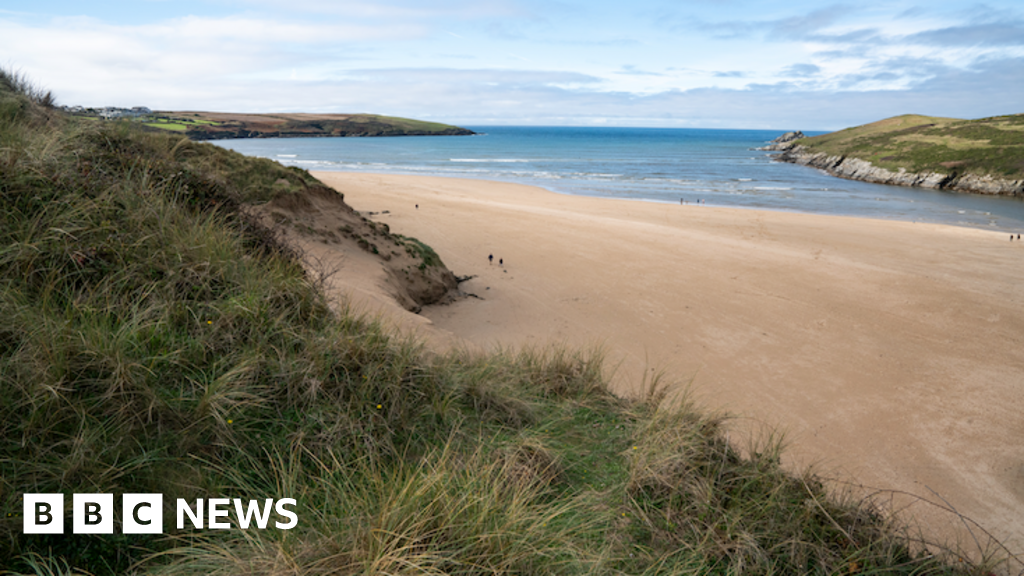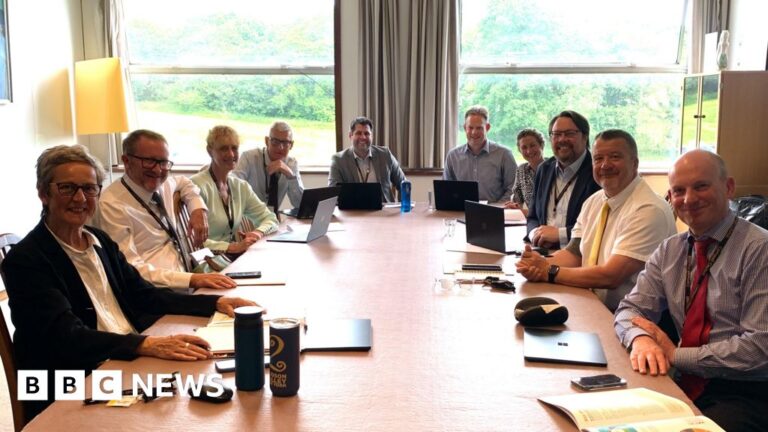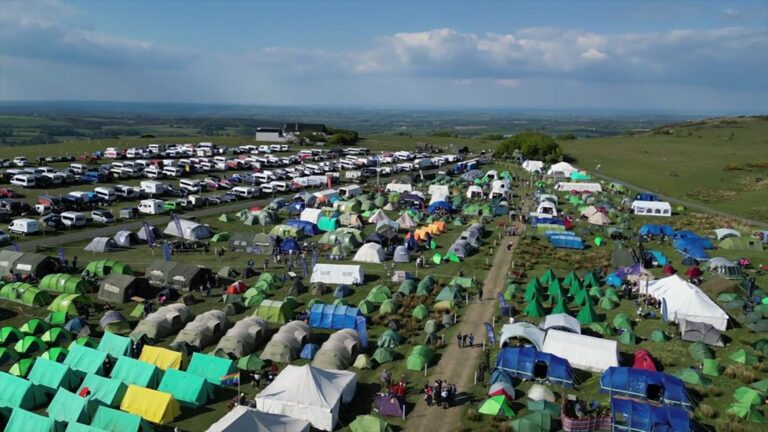Volunteers Restore Crantock Beach Dunes with Marram Grass
Volunteers are actively involved in a dune restoration project at Crantock Beach, focusing on planting marram grass to protect the fragile ecosystem. This initiative highlights the importance of community engagement in preserving natural habitats. The marram grass planting is crucial for stabilizing the dunes and preventing erosion, safeguarding the beach's natural beauty and protecting it from the damaging effects of coastal weather patterns. This hands-on effort involves many people working together to plant the grass, showcasing the power of collaborative conservation. The specific location, Crantock Beach, is a popular tourist destination, and this project demonstrates a proactive approach to environmental protection and sustainability. The success of this initiative relies on the collective efforts of local volunteers who are directly contributing to the preservation of their local environment. The project underscores the vital role of community involvement in environmental conservation and the positive impact of local participation in protecting valuable natural resources. By planting marram grass, volunteers are not only safeguarding the dunes but also contributing to the long-term health and resilience of Crantock Beach's ecosystem. Their actions directly benefit the local community by preserving a treasured natural asset that supports tourism and recreation. The project serves as an example of how community participation can effectively address environmental challenges and create a lasting positive impact on the local environment and economy. The dedication of these volunteers underscores the strong sense of community stewardship and the importance of protecting natural spaces for future generations. This initiative is not just about planting grass; it's about preserving a vital part of Cornwall's natural heritage and ensuring its continued enjoyment by locals and visitors alike. This community-driven effort provides a valuable lesson in environmental responsibility and collaborative conservation.









